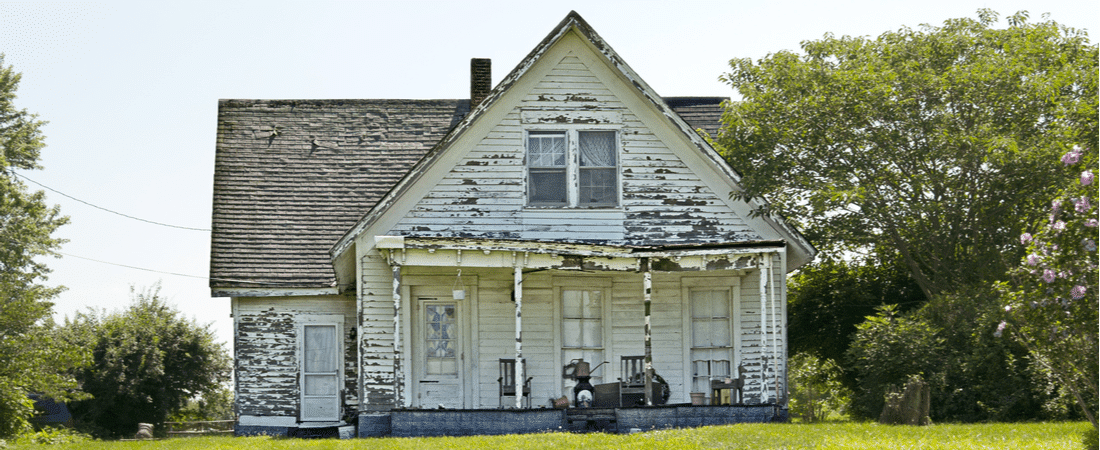Table of Content
- Writing off moving expenses
- What Deductions Can I Claim When I Sell a Rental Property?
- Before you sell a house, it’s helpful to understand how capital gains taxes work and whether you may qualify for a break.
- Do I Need to Pay Tax on Selling a Home?
- How do I know if I owe capital gains taxes on selling my home?
Lynn Ebel, JD, LLM, is manager of The Tax Institute's research department. Lynn specializes in real estate tax issues, including property transfers, passive activity losses, and bankruptcy issues. The bad news is that the most gain you can exclude is $250,000 or $500,000 for joint returns. If you can’t exclude all or part of the gain, you will have to report the home sale on your tax return. Also, if you receive Form 1099-S, it should be reported with your tax return.

If you are part of an HOA, you might have to pay all of, or a portion of HOA transfer fees in addition to membership fees if you move before you typically pay your dues. If you do happen to have gains over either $250,000 or $500,000 though, you’ll have to pay some capital gains taxes. Depending on what tax bracket you fall into, the capital gains tax rate is either 0 percent, 15 percent or 20 percent. The way gains are calculated is by subtracting the purchase price from the sales price.
Writing off moving expenses
If you experienced any of the below life events, you may be able to get a partial exclusion, calculated based on the percent of the two years that you lived in the home. Do not dispose of any of these receipts while you own the home. All of these expenses can be added to basis to reduce taxable gain when you sell. While the tax rules for selling your primary residence are pretty straightforward, selling a vacation home or second home comes with a new set of rules. By authorizing H&R Block to e-file your tax return, or by taking the completed return to file, you are accepting the return and are obligated to pay all fees when due.
You must have owned the home and used it as your main residence for at least two of the five years before the date of sale in order to exclude the capital gains from the sale. There are exceptions to these ownership and use rules, for example if you are in the military or have a disability. You also cannot have used the exclusion for any residence sold within the last two years of the current sale.
What Deductions Can I Claim When I Sell a Rental Property?
For a married couple filing jointly with a taxable income of $280,000 and capital gains of $100,000, taxes on the profits from the sale of a rental property would amount to $15,000. Fortunately, there are ways of minimizing this capital gains tax bite. This article explains three of the most effective methods. Stock sales are usually preferred by sellers of S-corporations. Unfortunately, they rarely take place in the real world. If you negotiate a stock sale as the seller, you are essentially just selling stock that you have held for a long period of time.

Unlike the ownership requirement, each spouse must meet the residence requirement individually for a married couple filing jointly to get the full exclusion. This publication explains the tax rules that apply when you sell or otherwise give up ownership of a home. If you meet certain conditions, you may exclude the first $250,000 of gain from the sale of your home from your income and avoid paying taxes on it. The exclusion is increased to $500,000 for a married couple filing jointly. Among other selling-related costs and fees, sellers are responsible for paying real estate transfer taxes, which are also called a government transfer tax or title fee.
Before you sell a house, it’s helpful to understand how capital gains taxes work and whether you may qualify for a break.
There is no tax to be paid if you use the entire gain from the transaction to buy another house within two years or construct one within three years. However, the entire tax exemption will be reversed if the new property is sold within three years of purchase or construction. The adjusted basis represents how much you’ve invested in your home. This investment includes how much you paid for the home as well as the expenses you took on to make capital improvements. A capital improvement adds value to a home, extends its life, or adapts the home for a different use.
If you bought or sold a home in 2013, congratulations! Here are five common questions I receive from my clients around tax time. US Mastercard Zero Liability does not apply to commercial accounts .
You must have lived in the house as your primary residence for a total of at least 2 of the last 5 years, even if those 2 years were not continuous. Apply for an online payment agreement (IRS.gov/OPA) to meet your tax obligation in monthly installments if you can’t pay your taxes in full today. Once you complete the online process, you will receive immediate notification of whether your agreement has been approved.
The IRS doesn’t initiate contact with taxpayers by email, text messages, telephone calls, or social media channels to request personal or financial information. This includes requests for personal identification numbers , passwords, or similar information for credit cards, banks, or other financial accounts. Tax-related identity theft happens when someone steals your personal information to commit tax fraud. Your taxes can be affected if your SSN is used to file a fraudulent return or to claim a refund or credit. From July through December 2021, advance payments were sent automatically to taxpayers with qualifying children who met certain criteria.
A tax professional may be able to help you mitigate your tax burden, plus take into account any local taxes that may apply, as well. Fortunately, many home sales qualify for the Exclusion of Gain exemption. This means that when certain conditions are met, sellers can exclude up to $250,000 or $500,000 of their profit from a home sale. Go to IRS.gov/IdentityTheft, the IRS Identity Theft Central webpage, for information on identity theft and data security protection for taxpayers, tax professionals, and businesses.

If you converted a rental property into your primary residence, your basis would be the lower of your original purchase price or the fair market value of the home on the date you converted its use. You will still increase the basis by any money spent on improvements. By making it your primary residence, in two years you’ll be able to sell while taking advantage of capital gains exclusions. Your capital gains tax rate is either 0%, 15%, or 20% depending on your total taxable income.
No comments:
Post a Comment